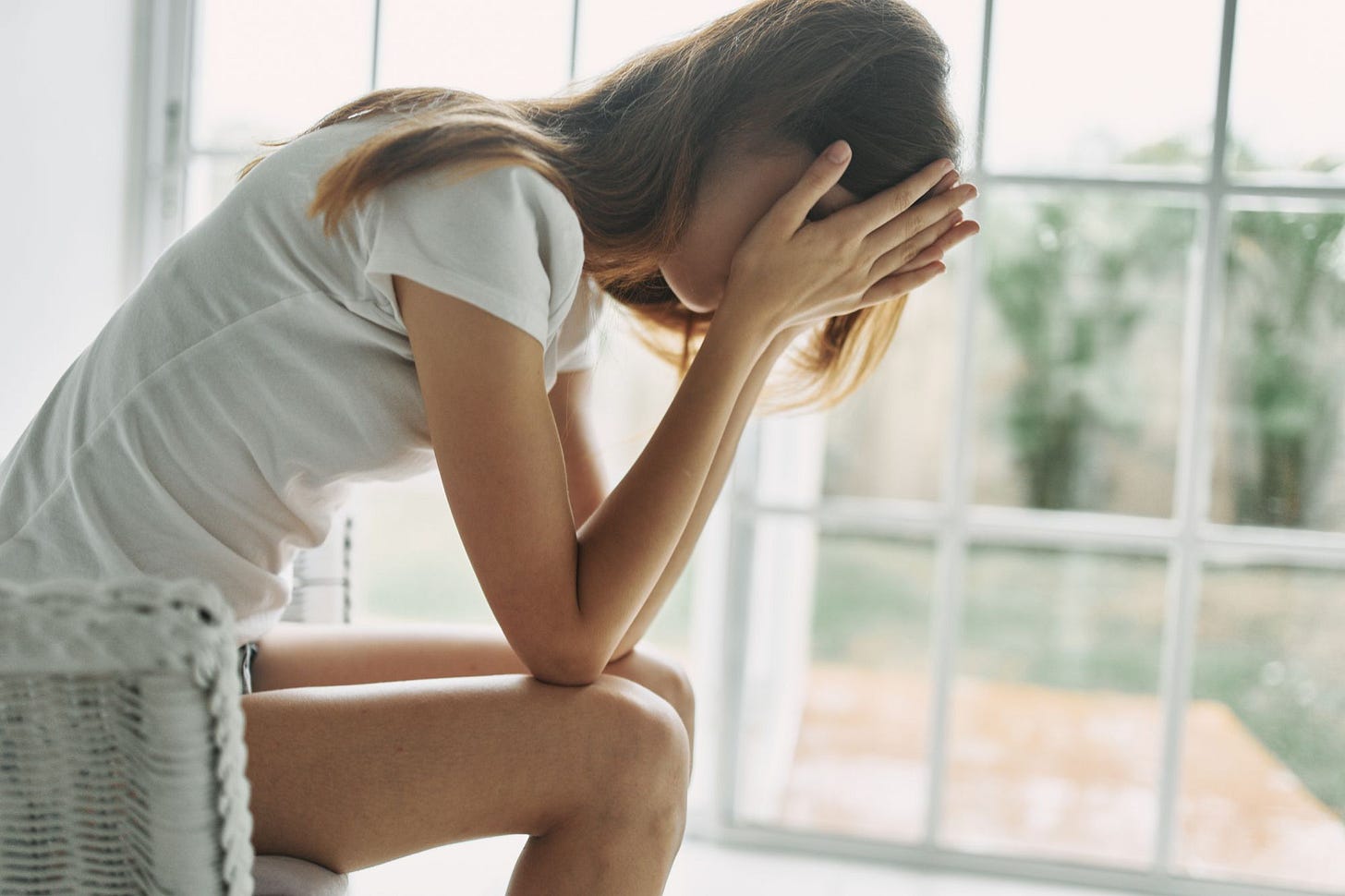You're Really, Really Tired All The Time. It's Not Your Fault.
Sleep hygiene tells lies of omission.
All I wanted to do was sleep.
I was working 80 hours a week, supervising teachers for an academic summer program. On Saturdays, I crashed. I only left my room to do laundry and grab a giant burrito down the street. Otherwise, I stayed in bed and stared at the ceiling. On Sunday afternoons, I went back to work.
I wondered if I was depressed.
I felt lazy.
You might spend a lot of time beating yourself up or letting someone else shame you for when you sleep and how you do it. You might go around apologizing for how tired you feel all the time, especially now that we're watching the world unravel. You might spend hours hunting for solutions in listicles that do nothing but shame you. You need to know something.
It's not your fault.
The world participates in a $400 billion sleep industry. More than 70 percent of Americans bought a sleep aid during the last year. The internet bristles with books, articles, and podcasts on sleep hygiene.
Most of it doesn't help.
It assigns blame.
None of th…





